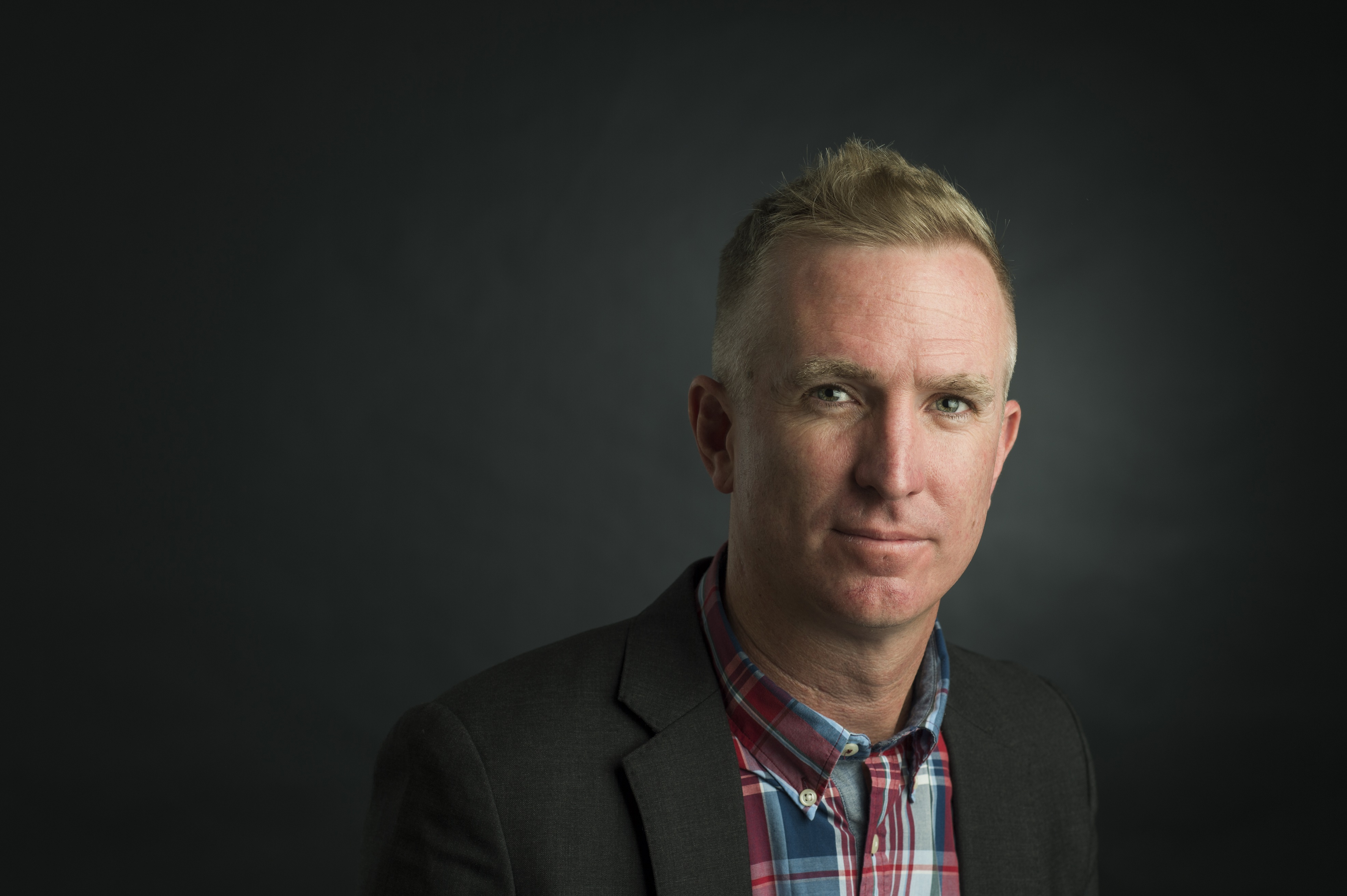As Australia’s population ages, nurses recommend people start actioning Advance Care Planning in their early 40s, 15 years ahead of what GPs suggest and what the public believe is necessary according to a new study from QUT.
The findings, which also indicate people think their doctors should play more of a role in the decision process, while the doctors believe they should play less, are reported in the paper , published by the journal of Palliative Care and Social Practice.
Behavioural economist Dr Stephen Whyte, a Research Fellow and Deputy Director of QUT’s (BEST Centre) said that how we make decisions planning our future health vary for each individual but behavioural economics was a useful tool to identify factors important in the process.
“Understanding how GPs, nurses and patients perceive, engage, and choose to communicate about Advance Care Planning (ACP) and end-of-life (EOL) decisions is of critical importance for increasing future uptake and efficient future healthcare provision,” said Dr Whyte.
“ACP allows people to be clear about their desires, wishes and preferences for their future health care needs to family, friends and health professionals.
“Yet, data tells us that only 14 per cent of the Australian population currently has an advance health directive in place.”
Dr Whyte said the issue would become increasingly important considering the federal government reports the number of Australians aged 65 and over jumped from 8.3 per cent of the total population in 1970 to 16 per cent in 2020, with the figure expected to grow to between 21 and 23 per cent by 2066 (source: the ) – one in five people will be aged 85 and over.

“The benefits are clear. For the individual involved, it can improve the quality of their end-of-life experience and assure their wishes are explicitly met, as well as alleviate stress and anxiety for loved ones,” said Dr Whyte.
“It can also dramatically reduce the psychological, emotional, administrative, and economic burden on healthcare professionals and systems.
“We found one of the main reasons the uptake of ACP is so low is a lack of patient knowledge and even when older people express clear preferences for future EOL care, resulting health care communications are often inadequate.
“Some critics argue the current EOL model of shared decision making is flawed because in real life situations, there will always be an extent to which they are incomplete as the advice of medical experts can bias a patient’s choices.
“Also, the ability to make autonomous choices is even more compromised when complex care is required.
“More research into understanding the factors influencing ACP decision-making is needed but certainly behavioural economics can offer a view beyond the traditional narrowed cost benefit analysis.
“We can incorporate the effects and impact of cognitive, emotional, psychological, and socio-cultural factors in individual and organisational decision making. These research methods have proven effective to explore medical expert and patient communication and behaviours across a range of allied health settings, including pharmacy, reconstructive surgery, and breast care nursing.”
The researchers collected data from 1,253 members of the Australian public aged 18-80, along with 117 nurses and general practitioners.
“Previous research in this area has primarily focussed on sample populations of the seriously ill, and or the elderly, and did not explore the role of bias in decision making,” said Dr Whyte.
“Our study provides new and novel empirical findings from both frontline healthcare professionals and potential future patients relating to ACP communication and preference.
“Triggers for embarking on an ACP discussion are usually related to a significant new or ongoing health issue.
“Interestingly, our study shows most people and GPs consider it apt to start such a discussion in the late 50’s. Nurses, on the other hand, consider it a priority from a person’s early 40s, probably because they are the ones most involved in the day-to-day provision of EOL care.
“We also found some worrying inconsistencies in how choices are influenced.
“The findings provide evidence to support alternative ways to increase awareness of ACP through targeted communications based on the identification of key group differences in preference, as well as the need for future applied behavioural research in this critical healthcare decision making space.”
Dr Whyte’s co-authors on the paper are Distinguished Professor Patsy Yates, Executive Dean, QUT Faculty of Health, Dr Joanna Rego from QUT’s School of Nursing, Dr Ho Fai Chan Research Fellow and Professor Uwe Dulleck Director of QUT’s Centre for Behavioural Economics, Society and Technology (BEST Centre), and Professor Raymond Chan from Flinders University.
Read the full study online








